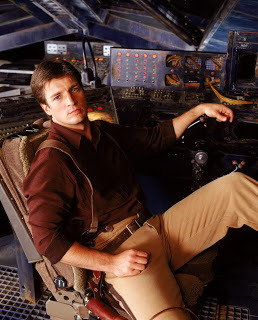Suspending disbelief
 Writers tread a narrow line. The stories we tell are made up, and readers know this; but we need to make them forget that fact while immersed. The appeal of a novel is that it imposes shape and meaning on the chaos that is life. Fiction has a beginning, middle and end, and life does not. But woe betide the writer who strains his reader's credulity to the point where it gives way and he/she says, "That wouldn't happen."
Writers tread a narrow line. The stories we tell are made up, and readers know this; but we need to make them forget that fact while immersed. The appeal of a novel is that it imposes shape and meaning on the chaos that is life. Fiction has a beginning, middle and end, and life does not. But woe betide the writer who strains his reader's credulity to the point where it gives way and he/she says, "That wouldn't happen."I think there are two kinds of implausibility in fiction; the big stuff, like dragons, magic, sparkly vampires, aliens etc. which readers tend to swallow whole, and the little improbabilities readers or viewers tend to choke on.
An example of the second type: recently I treated myself to the complete series of Firefly, and am enjoying an episode each evening. For those who haven't seen it, it was conceived by Joss Whedon, who went on to make Buffy the Vampire Slayer. Fox cancelled the series after only fourteen episodes; insane, as it had the quality, set-up and characters to have been as long running and successful as MASH. In one episode, Out of Gas, the space ship Serenity is stranded in space with only a few hours' air due to the failure of a part of the engine; something about the shape and size of a hair drier. And I thought, if the failure of that part is so catastrophic, you'd carry at least two spares. It wouldn't be bad luck if you got stranded that way, it would be the mechanic's fault, or the captain's.
I put a lot of effort into making my stories plausible and removing plot holes - some improbable things may happen, but I hope my characters' reactions to them are believable. Readers do not always agree with me. "The best science-fiction should surely hold a smidgeon of credibility but the premise of this tale was utterly absurd," is one comment on Replica. Ah well. I have the same problem with most chick lit, James Bond and Dan Brown.
Published on June 16, 2012 05:06
No comments have been added yet.



